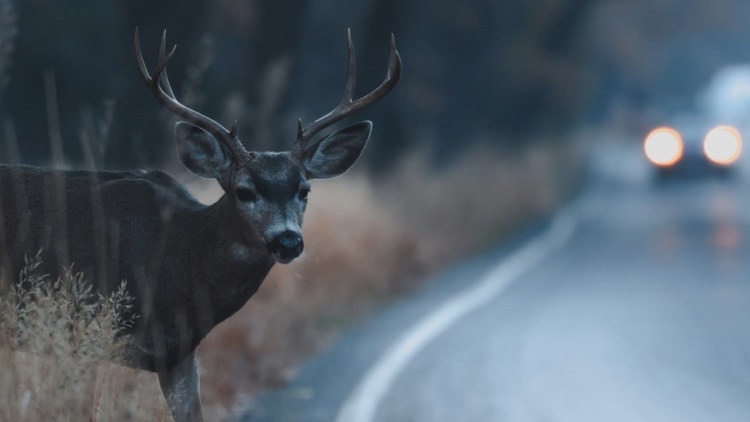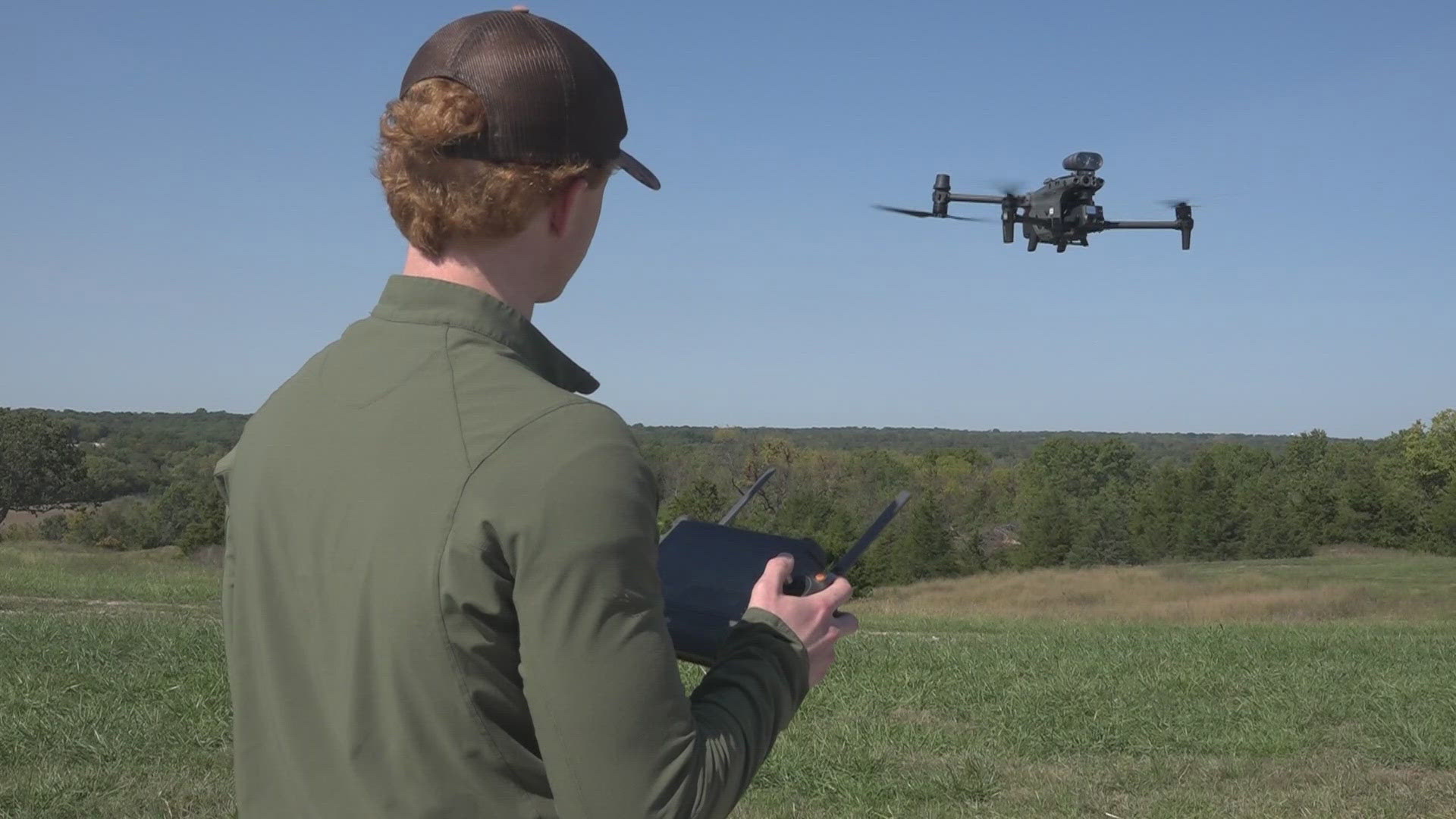MISSOURI, USA — The opening weekend of Missouri's 2024 deer hunting season is officially in the books, and deer harvest totals saw a huge drop compared to last year.
The Missouri Department of Conservation on Monday reported hunters harvested around 20,000 fewer deer than they did in 2023. This year's total was 68,312 deer, compared to the 90,253 deer harvested during the opening weekend of the November Firearms Portion.
Jason Isabelle supervises MDC's Cervid Program, which focuses on deer and elk throughout the state. He attributed the low harvest numbers to three factors: Acorns, warmer temperatures and a calendar shift.
He said a "significant" cause for the drop was an abundance of acorns throughout the state's forests.
“Throughout much of Missouri, there are a lot of acorns in the woods this year,” said Isabelle on MDC's website. “When that happens, deer don’t need to move as much to find food and they frequent fields and other open areas less often, making them less visible to hunters.”
The largest deer harvest declines were in counties with heavily forested areas and, in turn, acorn abundance, Isabelle said.
Acorn production is largely inconsistent annually and varies depending on the type of Oak tree. White Oaks, for instance, are known to only produce an abundance of acorns every two to five years while Red Oaks produce an abundance every five to seven years, according to Purdue University researchers.
"Late frosts, poor pollination, and insect infestations all can be culprits for poor mast production across a stand of oaks," the university said on its website. "The extreme variability in acorn production underscores the importance in considering alternative food sources for fall, winter, and early spring for wildlife."
Warmer temperatures may have made hunters more comfortable in the woods, but it also likely lowered deer movement and hunter turnout because hunters would have to rapidly process the meat due to a lack of cold.
MDC's calendar shift also pushed opening weekend back around a week past the peak rut, meaning deer movement wasn't as active.
Upcoming cooler temperatures, however, could provide a boost in total harvest numbers as the firearms portion of deer season continues through Nov. 26.



